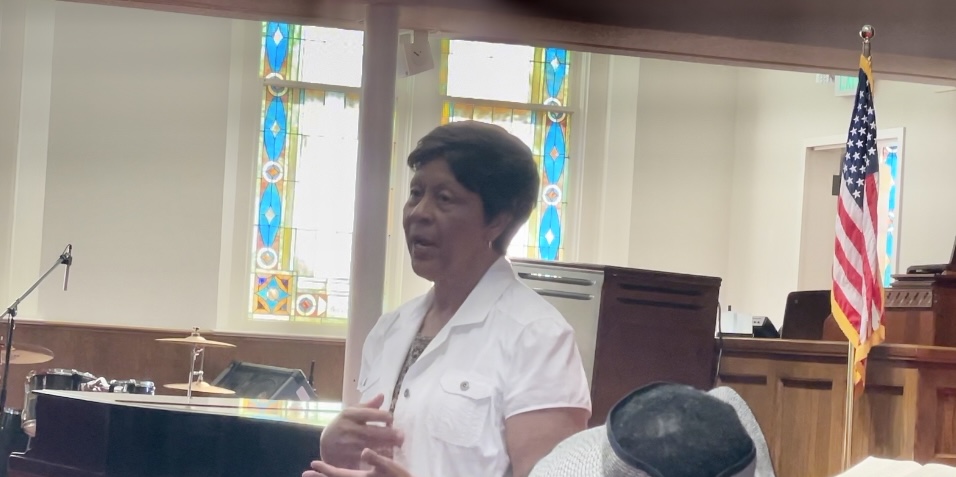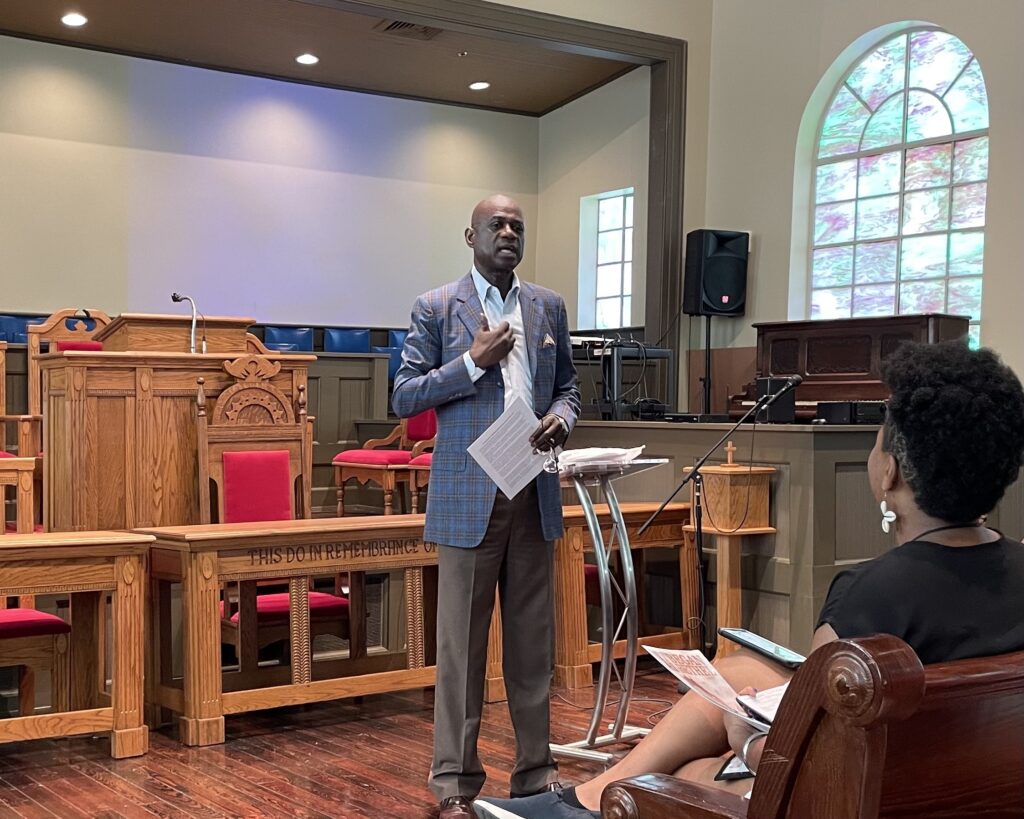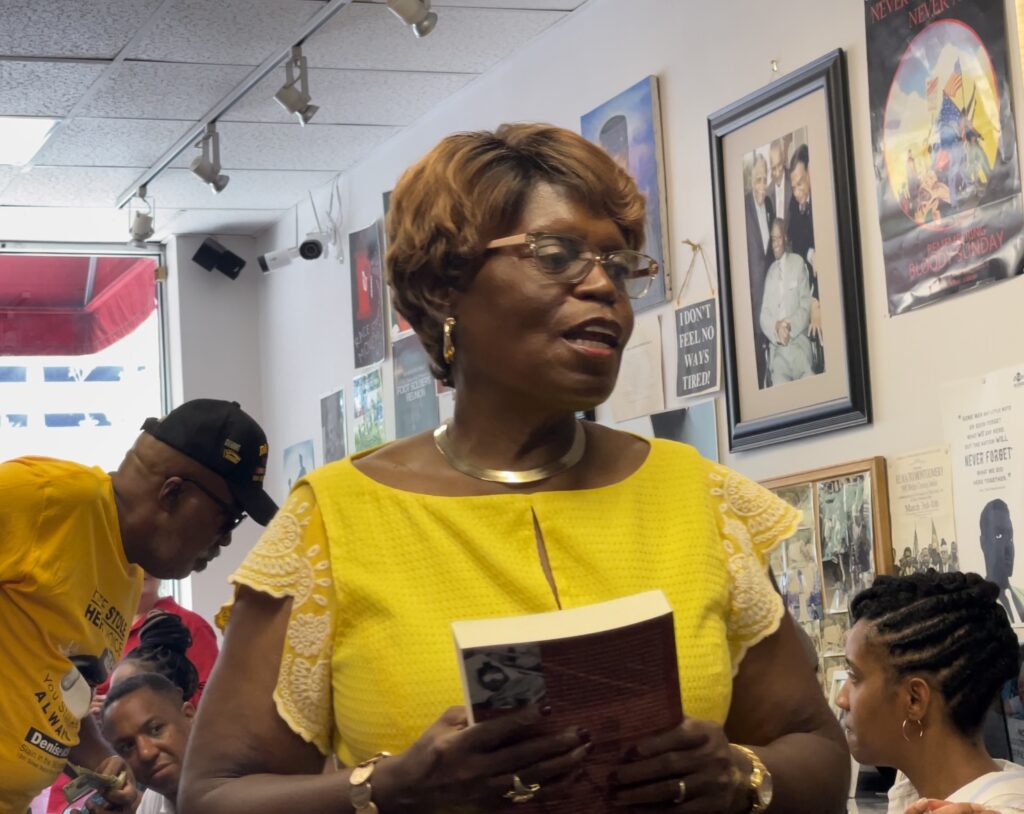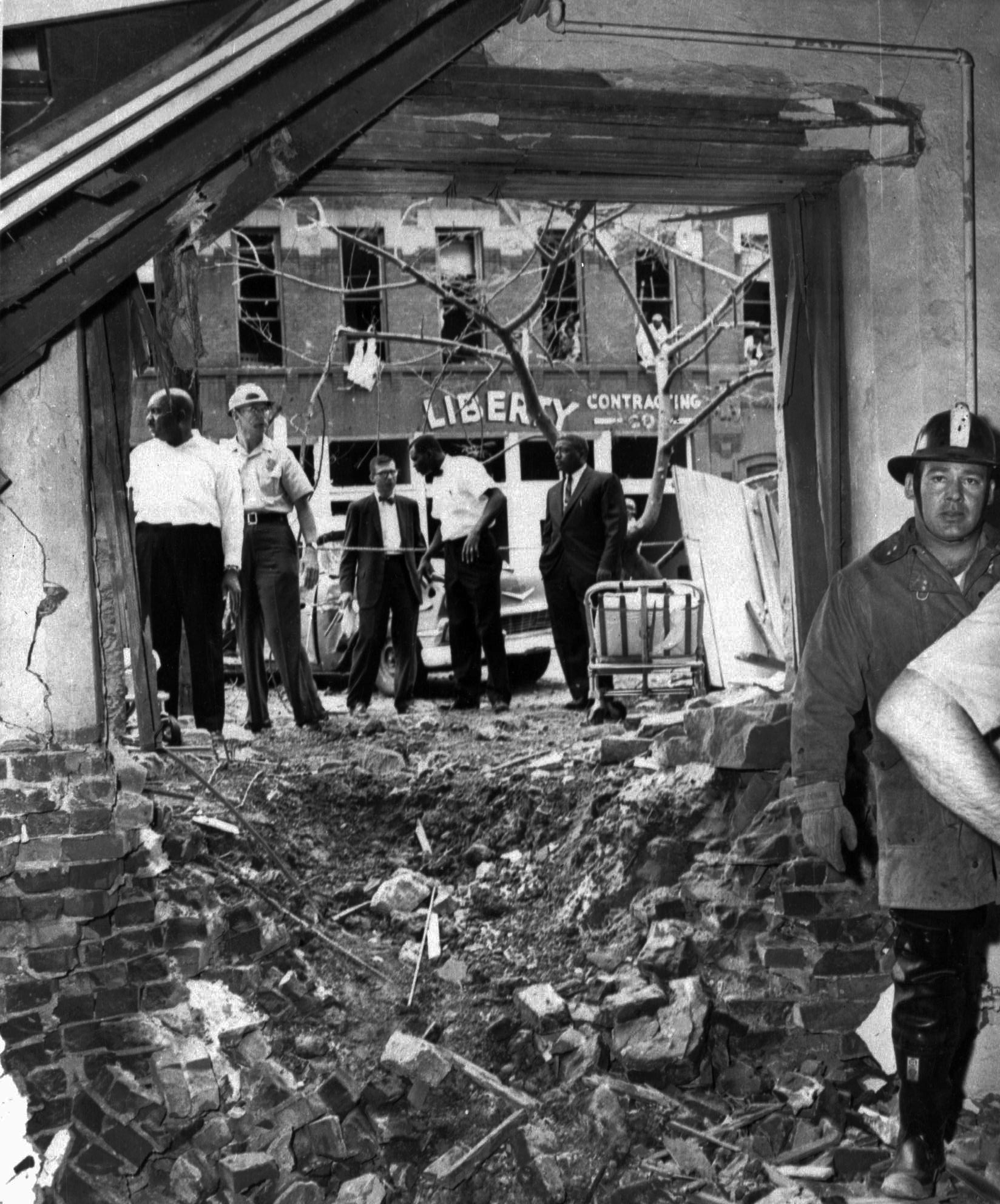Sixty years ago, the eyes of the world focused on Birmingham, Alabama, after white supremacists set off a bomb at the 16th Street Baptist Church, killing four girls: Addie Mae Collins, 14, Carol Denise McNair, 11, Carole Robertson, 14, and Cynthia Wesley, 14. The FBI concluded the blast was set by four known members of the Ku Klux Klan and segregationists.
Bombs went off all the time in Birmingham, leading to its nickname, “Bombingham.” This bomb, because of the age of the victims and the location – a house of worship – caused the world to collectively look at Birmingham in horror.
Back then, Black people didn’t have time to process what was happening around them in those days of racial violence, says Rev. Carolyn McKinstry. Sarah Collins Rudolph, sister of victim Addie Mae Collins, says she spent years feeling anger and avoiding the church. The Rev. Thomas Wilder, whose church was the headquarters of a civil and human rights campaign, says when civil rights soldiers visit Birmingham sites, they experience flashbacks.
In this post-George Floyd age of Black people opening up more about their experiences, these three important figures in Birmingham recently shared their memories and insights with Black News & Views.
WATCH: Rev. Carolyn McKinstry, survivor of the 16th Street Baptist church bombing, shares her story


WATCH: Sarah Collins Rudolph, survivor of the 16th Street Baptist Church bombing, shares her story









